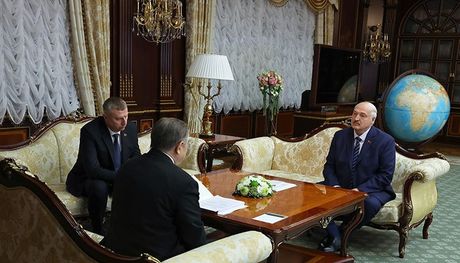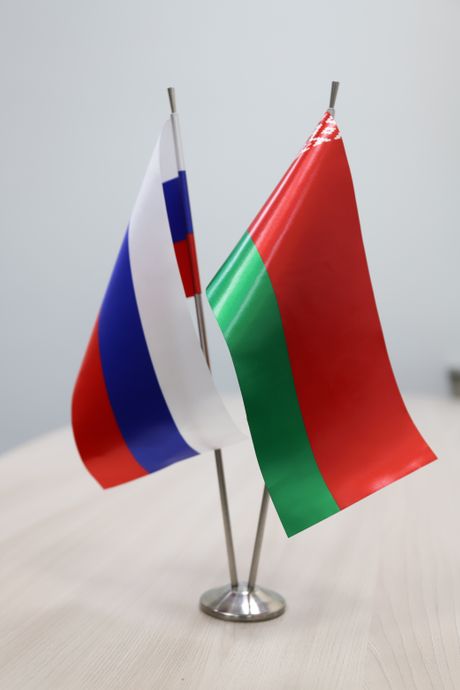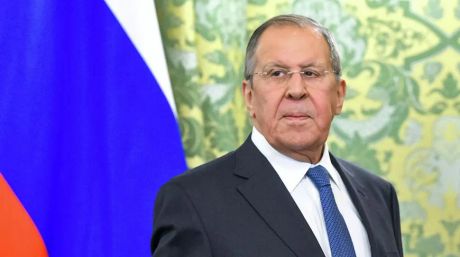Lukashenko announces plans to take stock of Chernobyl programs
13:29, 25 April
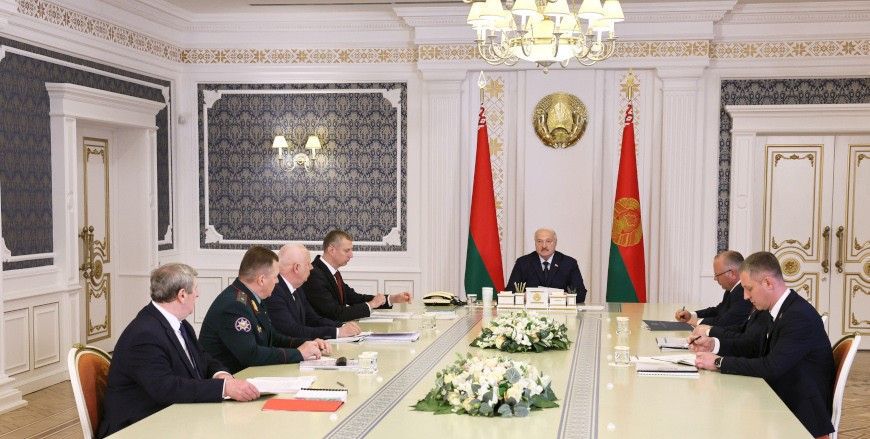
Photo: BELTA
I intend to comprehensively analyze the results of the programs to revive the territories affected by the Chernobyl disaster, Belarusian President Aleksandr Lukashenko said as he received a report on the development of the districts of Gomel Oblast affected by the Chernobyl accident on 25 April, BelTA has learned.
- Share on Facebook
- Share on VK
- Share on Twitter
Participating in the meeting were Head of the Belarus President Administration Dmitry Krutoi, Chairman of the State Control Committee of Belarus Vasily Gerasimov, Deputy Prime Minister Anatoly Sivak, Chairman of the Gomel Obalst Executive Committee Ivan Krupko, Emergencies Minister Vadim Sinyavsky, Aide to the President, Inspector for Gomel Oblast Ruslan Parkhamovich, and Chairman of the Standing Commission on Legislation and State Building of the Council of the Republic of the National Assembly of Belarus Mikhail Rusy.
The meeting focused on the support measures, environmental programs, and social and economic initiatives for residents of Gomel Oblast affected by the Chernobyl disaster.
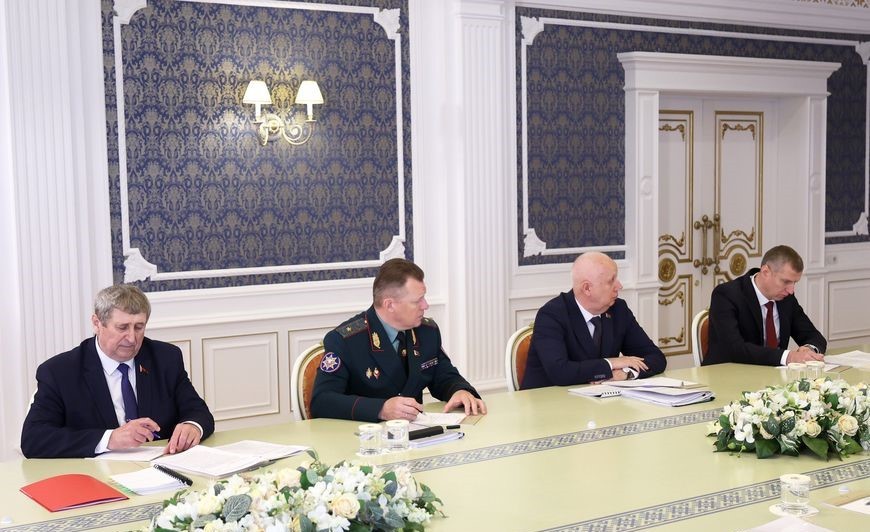
The president recalled that 2026 will mark 40 years since the Chernobyl nuclear power plant accident. This is a significant date for Belarus. Although the country had no involvement either the construction of the nuclear power plant, its operation or the reasons that led to its explosion, yet it suffered the worst. "The tragedy hit Belarus and its people harder than anyone else," Aleksandr Lukashenko emphasized.
The head of state recalled that the first ten years since the accident were a time of uncertainty and fear-mongering. “I remember it well. When I was still MP, I traveled to these districts to learn what was happening there. Ten years of confusion. Some people were evicted, resettled. Something was built; something was done. Then we came back to our senses and realized that there was no other land or other country for Belarusians. We realized that we had to think how to live on these lands. We adopted a number of programs. We called them Chernobyl programs,” Aleksandr Lukashenko said.
At that time, there was no certainty about the measures being taken, as the country had no experience in overcoming such catastrophes, the president remarked. According to him, it would be unfair to blame those who took the initial steps to address the aftermath of the Chernobyl disaster. There was insufficient knowledge about the effects of low radiation doses on the human body. "We did not know exactly what it was. Atomic bombings of Hiroshima and Nagasaki had wide-ranging consequences, such as shockwaves, high temperatures, and high doses of radiation. So the mankind had some relevant experience. But our case was a first-one; we had no experience at all. We were guided by the main idea: not to make things worse," the head of state explained.
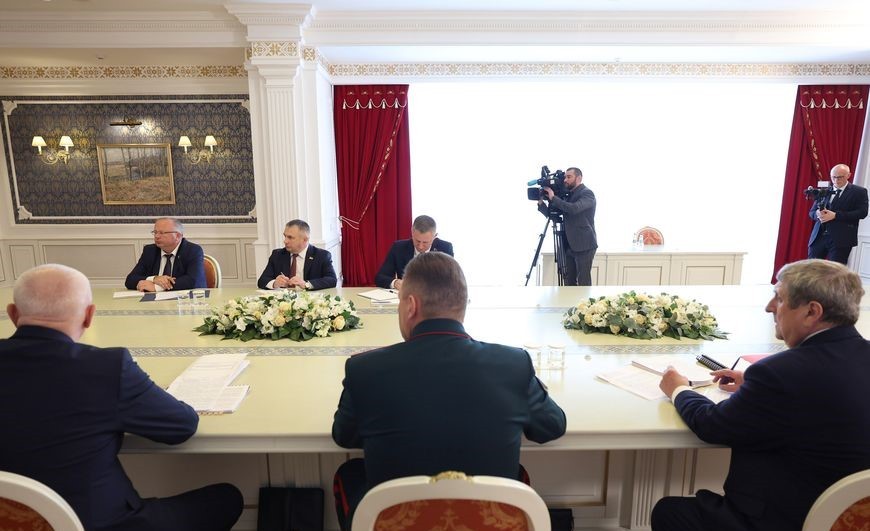
“It was unclear whether we did it right or not. 30 years ago I said that time would put everything in its place, and we would learn whether we did the right thing or not. Today we can draw certain conclusions. If we had not dealt with this problem or, even worse, if we had dealt with it the way we did in the first ten years, Belarus would not exist today. It would be a deserted place today,” the president said.
After the dissolution of the Soviet Union, Belarus essentially dealt with the aftermath of the Chernobyl disaster on its own, receiving no financial aid. The country had allocated significant resources for the recovery and development of the affected regions. "We invested an enormous amount of funds. We allocated Br5 billion over the past 10 years. Those were busy years. We did a lot, we took unpopular steps. We did not give meager financial handouts (although it was customary back then and someone wanted this money). Instead we concentrated on the projects that were important for people: we built housing, clean water, sewerage and drainage systems, extended gas supply networks and so on. A lot has been done during this time. The time has shown that the policy was absolutely right and correct,” Aleksandr Lukashenko emphasized.
Therefore, it makes sense to summarize the results by the 40th anniversary of the Chernobyl accident in 2026, the head of state said. “Forty years is a period of time after all. We will discuss this topic seriously next year,” the president promised.
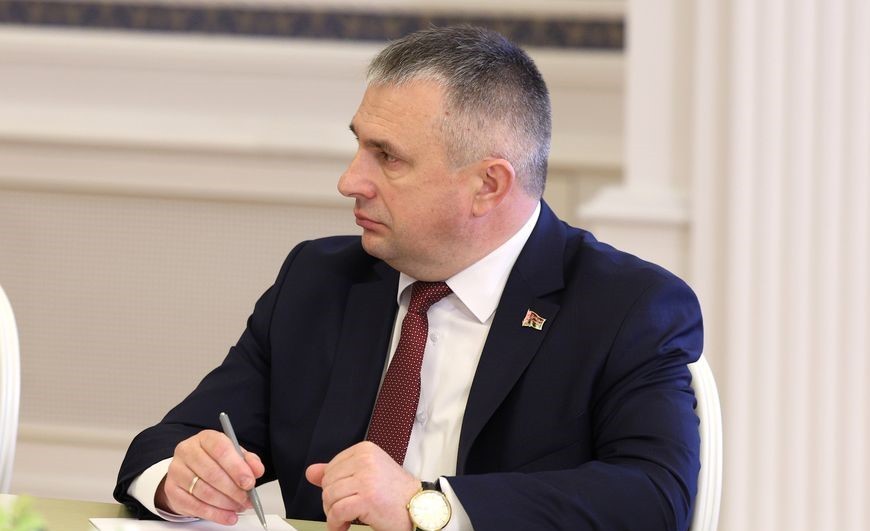
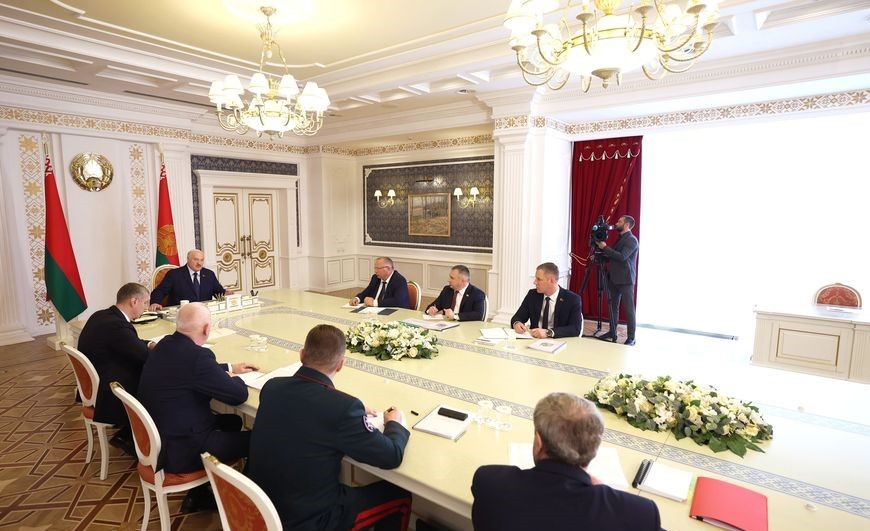
In the meantime, the head of state asked the officials about the situation in the affected regions and noted that he plans to visit the so-called Chernobyl areas soon. Speaking about the future development of these territories, the president suggested changing some approaches. First of all, it applies to financing issues. It is important to encourage more independence and initiative and to discourage dependency attitudes.
“How can we help? Is help needed or probably not? If not then it makes sense not to intervene. It is important to encourage them, especially the eastern regions, including (and maybe first of all) Gomel Oblast, to rely on their own strengths. We should live within our means and earn money ourselves,” Aleksandr Lukashenko said.
/more to come/




